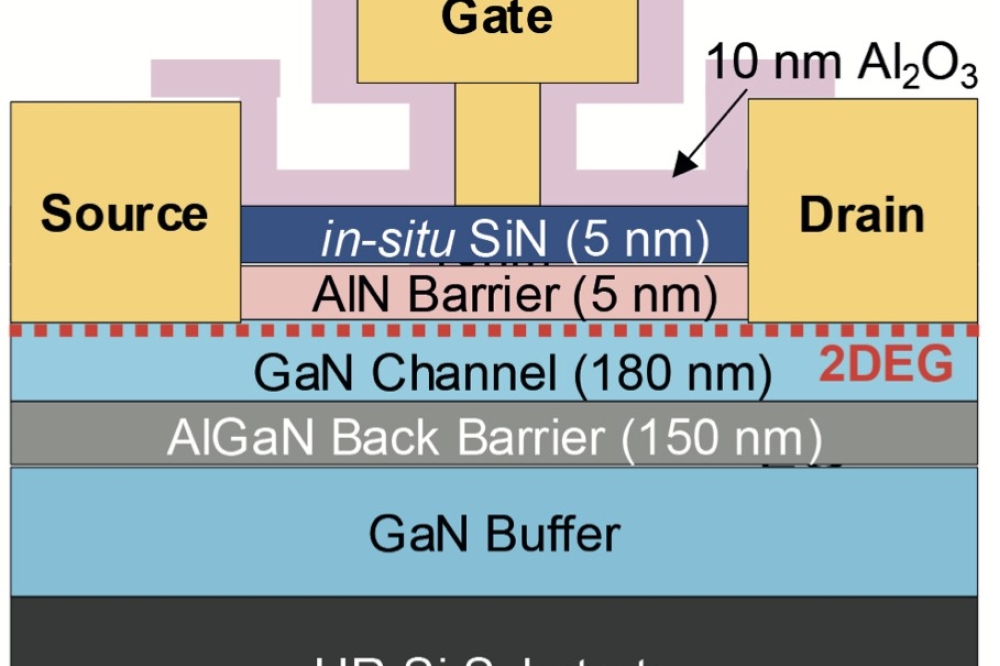AHS wins UK defence contract for GaAs-based sensors

Innovative sensing technology is being refined under the EPSRC Future Compound Semiconductor Manufacturing Hub, in partnership with the Compound Semiconductor Centre
Advanced Hall Sensors (AHS), a UK company specialising in GaAs magnetic sensors, has been awarded a contract funded by the UK Government's Innovative Research Call in Explosives and Weapons Detection to develop a solution for real-time, high resolution magnetic imaging of clandestine metallic threats.
The technology is based on a radically new sensor which offers the essential characteristics to realise high resolution, high throughput, magnetic imaging.
GaAs based Quantum Well Hall Effect (QWHE) technology is >100x more sensitive than existing silicon Hall sensor technology, and is key to unlocking multiple benefits in the context of Threat Detection: nanoTesla sensitivities in an uncooled format, AC operation enabling 3D inspection, and minimal power consumption for portable implementation.
The superior sensitivity enables visualisation of the geometrical characteristics of hidden metallic objects, determination of the type of metallic object (both ferrous and non-ferrous), discrimination of metallic combinations, and 3D profiling of metallic objects. In essence, the technology offers the advantages of X-Ray imaging of metallic components without the need for X-Ray source.
The core sensing technology was developed at Manchester University by Mohamed Missous, and is being further refined for multiple applications under the EPSRC Future Compound Semiconductor Manufacturing Hub, in partnership with the Compound Semiconductor Centre.
The IRC Explosives and Weapons Detection (2016) is a Cross-Government programme sponsored by a number of Departments and Agencies under the UK Government's CONTEST strategy in partnership with the US Department of Homeland Security, Science and Technology Directorate.
Advanced Hall Sensors (AHS) has supplied in excess of 15 million sensors to a range of international customers in industrial, medical, aerospace and the Oil and Gas industries.
The Compound Semiconductor Centre was founded in 2015 as a Joint Venture between Cardiff University and IQE Plc, with the mission of accelerating commercialisation of Compound Semiconductor Materials and Device Research, and realising a tangible economic return on the UK investment in this key area of enabling technology. Based in Cardiff, the Centre is a vital milestone towards developing a World-class Compound Semiconductor cluster in South Wales.
The Future Compound Semiconductor Manufacturing Hub is a £10M EPSRC funded initiative between Cardiff University (lead), Manchester University, Sheffield University and University College London, with support from 24 Industry partners. The Hub's vision is to establish the UK as the global leader in future Compound Semiconductor materials and device research.


































